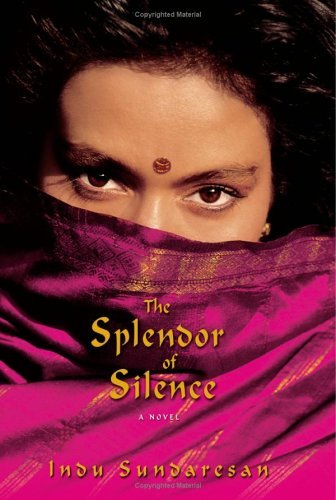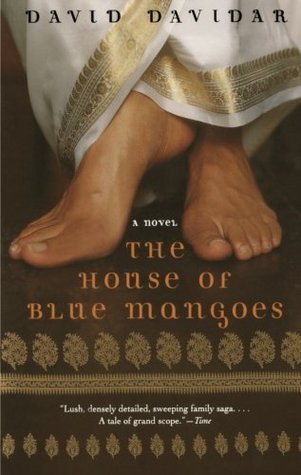
Tiger Hills
Book Description
Beneath the sprawling skies of Coorg, love and betrayal brew like a tempest, threatening to shatter lives and dreams. At the heart of this lush landscape lies a tale of fierce passion, unbreakable bonds, and haunting choices that echo through generations. When two childhood friends find their destinies entwined in tragedy, they must confront the devastating consequences of ambition and desire. As loyalties fracture and secrets unfold, hope clings to the shadows, and hearts race against time. Will love conquer all, or will the weight of the past be too heavy to bear? Prepare for a journey where every heartbeat counts.
Quick Book Summary
Set against the rich coffee plantations and misty hills of 19th-century Coorg in southern India, "Tiger Hills" by Sarita Mandanna weaves a sweeping saga of love, betrayal, and the passage of time. The novel revolves around Devi and Devanna, childhood friends whose deep bond is tested by fate and their evolving desires. When Devi falls deeply in love with Machu, a celebrated hunter, it sparks a series of tragic events that ripple through their lives for decades. Through war, familial duty, and personal anguish, Mandanna explores how ambition, unspoken passion, and the burden of past choices shape the destinies of her characters. Lushly atmospheric and emotionally resonant, "Tiger Hills" is a testament to enduring love and the scars—both visible and hidden—that shape families and communities across generations.
Summary of Key Ideas
Table of Contents
The Power and Consequence of Forbidden Love
In the coffee-scented hills of Coorg, young Devi and Devanna are inseparable, their childhood friendship blossoming amid endless fields and village rituals. Devi is drawn irresistibly to Machu, a charismatic tiger hunter and local hero, whose daring feats capture her imagination and heart. Meanwhile, Devanna’s quiet devotion to Devi grows into an intense, lifelong love, one he struggles to express but can never relinquish. This triangle lies at the heart of the novel, setting the stage for a story where dreams, longing, and heartache collide.
Tradition, Family, and Societal Expectations
The customs and expectations of the Coorg community dictate much of the characters’ fates. As familial and societal obligations close in, Devanna is pressured to choose a prestigious yet restrictive path in medicine. Devi faces pressure to align her affections with the wishes of her family, threatening to undermine her desires. These struggles between individual yearning and collective duty illuminate the enduring tension between tradition and self-fulfillment, creating an emotional landscape as complex as the physical one surrounding them.
Ambition and the Price of Betrayal
Ambition and betrayal cast long shadows. Devanna, desperate to win Devi’s affection, makes a shattering decision that alters every life in their tight-knit world. The resulting consequences—a forced marriage, spiraling grief, and the harassment of war—reverberate for decades, affecting not only the central trio but their families and the next generation as well. Mandanna examines how a single act of betrayal, born from pain and longing, can unravel generations of dreams and loyalties.
Cycles of Suffering and Redemption
Yet amid sorrow, glimmers of hope and the possibility of forgiveness endure. The characters are forced to confront painful truths about themselves and each other as they seek solace and meaning. The cycle of suffering is not inescapable—redemption is a choice, and love, in all its forms, can be both wound and salve. The narrative ultimately suggests that healing and grace are possible even when the past seems unforgiving.
The Immense Influence of Landscape and Culture
Coorg itself is more than mere setting—it is a living presence that shapes the characters’ fates. From monsoon-fed forests to the mystical hills where tigers roam, Mandanna captures the spirit of a land both nurturing and cruel. The rhythms of coffee planting, village customs, and belief systems infuse the story with a vivid sense of place, reminding readers that landscape and culture are silent forces in every human story, shaping destinies as potently as any act of love or betrayal.
Download This Summary
Get a free PDF of this summary instantly — no email required.





